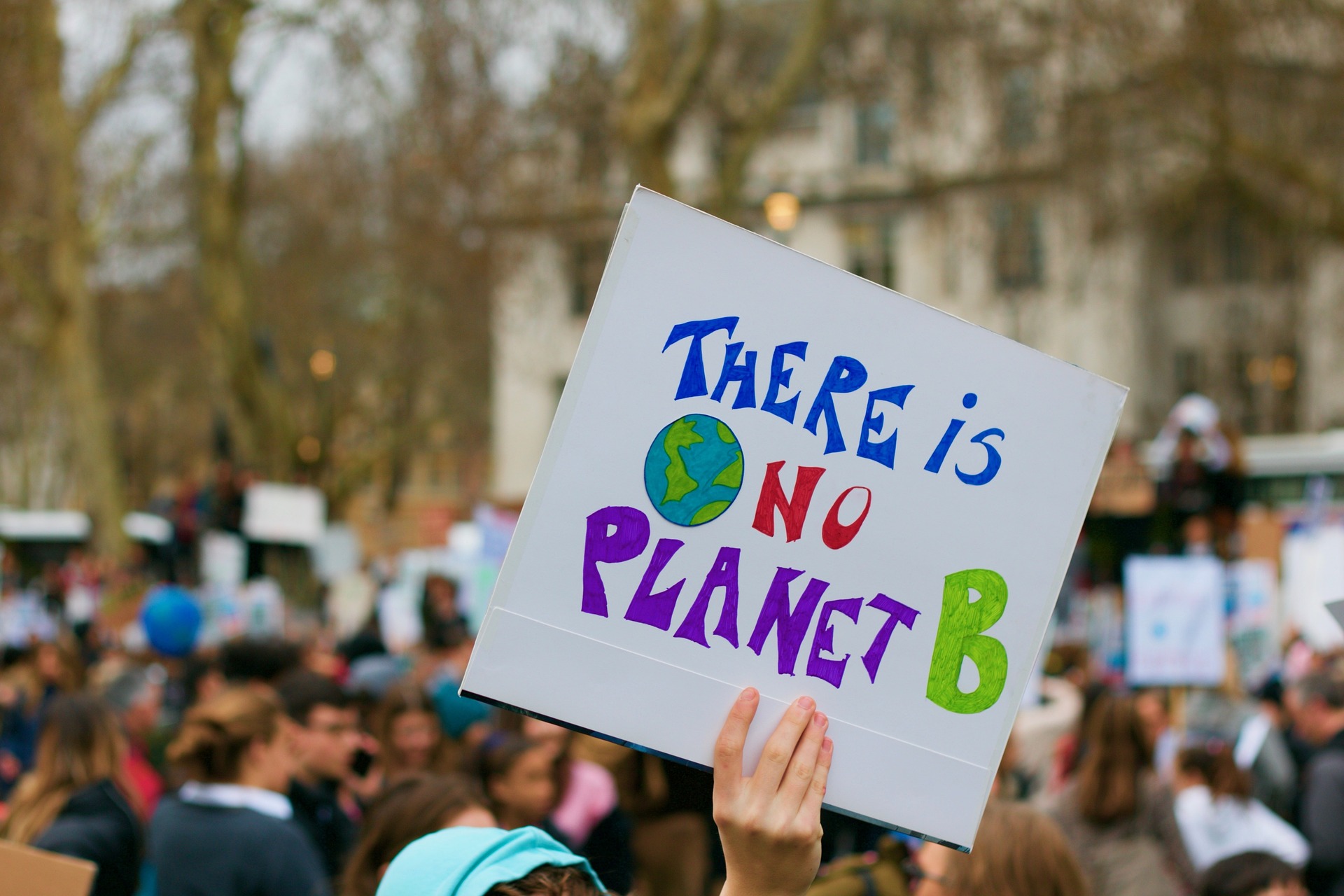Shifting Paradigms: The Influence of Ethical Consumerism in Today's Society
In today's society, where consumer behavior is increasingly driven by ethical considerations, a significant shift is taking place. The growing consciousness around the social and environmental implications of our purchases is altering the landscape of consumerism. Read below to delve deeper into the realm of ethical consumerism, its foundations, its implications, and how it is reshaping contemporary society.

The Genesis of Ethical Consumerism
Ethical consumerism, or the practice of making purchasing decisions based on ethical considerations, is not a new concept. Its roots can be traced back to the late 19th and early 20th centuries, when people started boycotting products made by companies with unethical labor practices. The Fair Trade movement of the 1960s and the green consumerism of the 1970s further propelled the idea. However, with the advent of the internet and social media, consumers are now more informed and empowered than ever before, leading to the widespread adoption of ethical consumerism in the present day.
Ethical Consumerism in the Modern Context
In recent years, ethical consumerism has moved from the fringes to the mainstream, with consumers increasingly choosing products and services that align with their values. This shift is driven by a variety of factors, including increased awareness of social and environmental issues, the rise of socially conscious millennials as a significant consumer group, and heightened transparency due to the digital revolution. Reports indicate that today’s consumers are willing to pay more for products that are ethically made, environmentally friendly, and socially responsible.
The Societal Impact of Ethical Consumerism
The societal implications of ethical consumerism are profound. On one hand, it is encouraging businesses to operate more responsibly, fostering positive change in areas like labor rights, environmental sustainability, and animal welfare. On the other hand, it is shaping consumer identities, with people increasingly defining themselves by the ethical choices they make. Ethical consumerism also has the potential to reduce economic disparities and promote social justice by supporting fair trade and local businesses.
Ethical Consumerism: A Critical Perspective
While ethical consumerism is generally seen as a positive trend, it is not without its critiques. Some argue that it places the burden of responsibility on the consumer, rather than on the corporations causing social and environmental harm. Others point out that it can lead to a form of ‘greenwashing’, where companies exaggerate their ethical credentials to attract conscious consumers. Moreover, the premium prices of ethical products often make them inaccessible to lower-income groups, raising questions about inclusivity and equality.
The Future of Ethical Consumerism
Despite the challenges, ethical consumerism is likely to continue its upward trajectory, driven by increasing consumer awareness and evolving societal values. As it does, it will continue to shape our society in profound ways, pushing businesses towards more sustainable practices, influencing individual identities, and potentially contributing to a more equitable and just world. However, to truly realize its potential, it is crucial that ethical consumerism becomes more inclusive and that corporations take on greater responsibility for the social and environmental impact of their operations.
In conclusion, ethical consumerism is a powerful force in today’s society, shaping consumer behavior, influencing corporate practices, and contributing to societal change. As we move forward, it will be interesting to observe how this trend evolves and continues to reshape our world.




